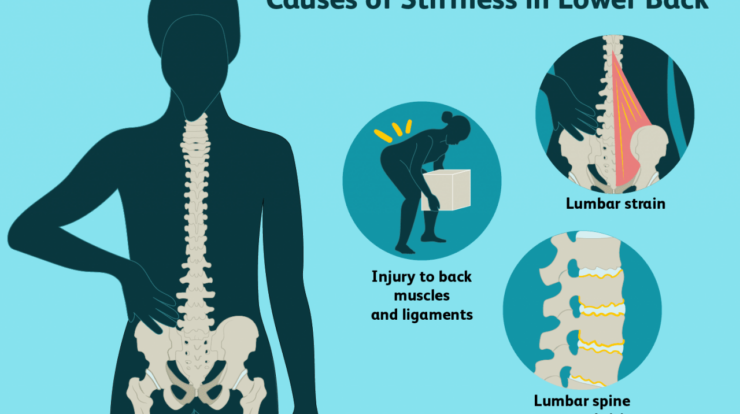
In the realm of language, the word “wrap” holds a captivating presence, its multifaceted meanings spanning diverse contexts. From its etymological roots to its nuanced usage, this exploration delves into the intricate tapestry of wrap meaning, revealing its historical evolution, denotative and connotative depths, and cultural variations.
Unraveling the etymology of “wrap,” we trace its journey from Old English origins, where it signified “to cover or envelop,” to its modern-day interpretations. As we navigate its denotative and connotative meanings, we uncover its versatility as both a verb and a noun, encompassing notions of protection, concealment, and comfort.
Etymology and Historical Evolution
The word “wrap” originates from the Middle English term “wrappen,” meaning “to cover or envelop.” It has roots in the Old English word “wearp,” which referred to the act of throwing something over something else. Over time, the meaning of “wrap” has expanded to include not only the physical act of covering but also the metaphorical sense of protection, concealment, and comfort.
Denotative and Connotative Meanings
Denotative Meaning, Wrap meaning
As a verb, “wrap” means to cover or envelop something by folding or winding material around it. As a noun, “wrap” refers to the material used for covering or enveloping something, such as a piece of paper or fabric.
Connotative Meanings
The word “wrap” carries several connotative meanings, including:
- Protection:Wrapping something provides a layer of protection from the elements, damage, or harm.
- Concealment:Wrapping something can hide it from view, either for privacy or security.
- Comfort:Wrapping something can provide a sense of comfort and warmth, as in the case of a blanket or a warm embrace.
Usage in Different Contexts

Cooking
In cooking, “wrap” refers to the process of covering food in a layer of material, such as foil or parchment paper, before cooking. This technique helps to retain moisture and flavor, and can also prevent the food from burning.
Fashion
In fashion, “wrap” refers to a type of garment that is designed to be wrapped around the body and secured with a tie or belt. Wrap dresses and skirts are popular examples of this type of clothing.
Gift-Giving
In gift-giving, “wrap” refers to the act of covering a gift in decorative paper or fabric. This practice enhances the presentation of the gift and adds a personal touch.
Cultural and Regional Variations
The word “wrap” is used in various cultures and regions around the world. In some cultures, the term “wrap” may have specific cultural or religious significance. For example, in Japan, the art of gift wrapping is highly refined and considered a form of cultural expression.
Idioms and Phrases
- Wrap up:To finish or conclude something.
- Wrapped up in:To be deeply involved or preoccupied with something.
- Wrap around:To surround or envelop something.
- Wrap one’s head around:To understand or comprehend something complex.
Literary and Artistic Representations

The word “wrap” has been used extensively in literature and art to convey different themes and emotions. In literature, the act of wrapping can symbolize protection, concealment, or the passage of time. In art, the use of wrapping can create a sense of mystery or intrigue.
Closure
Through its diverse usage in cooking, fashion, gift-giving, and beyond, “wrap” adapts its meaning to each context, showcasing its adaptability and ubiquity. Cultural and regional variations further enrich the tapestry of wrap meaning, reflecting diverse perspectives and customs. Idioms and phrases infused with “wrap” add a touch of colloquial charm, while literary and artistic representations harness its evocative power to convey profound themes and emotions.
Common Queries: Wrap Meaning
What is the origin of the word “wrap”?
The word “wrap” traces its roots to Old English, where it meant “to cover or envelop.”
How does the meaning of “wrap” vary depending on context?
The meaning of “wrap” adapts to different contexts, such as cooking (e.g., wrapping a burrito), fashion (e.g., a wrap dress), or gift-giving (e.g., wrapping a present).
What are some common idioms that use the word “wrap”?
Examples include “wrap it up” (to conclude) and “wrapped around someone’s finger” (to have complete control over someone).





